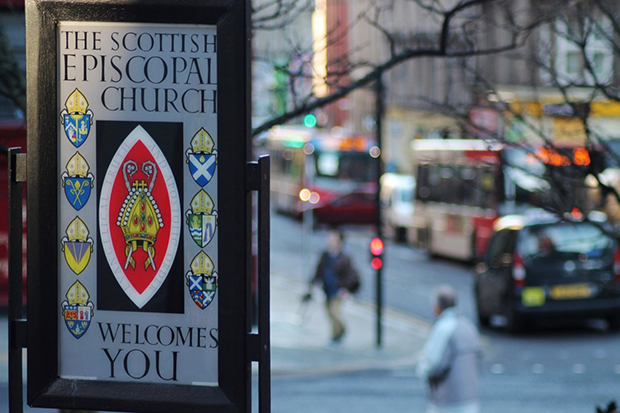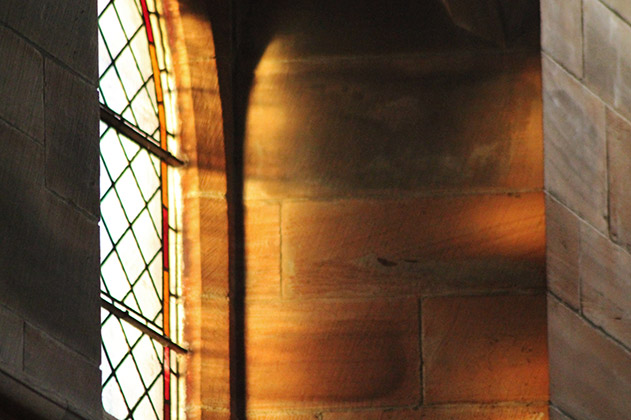By Rachael Fraser
When we talk about gender justice, what do we mean? It can be a term that is unfamiliar to many; it’s not gender equality, or women’s rights. The use of justice is deliberate; it indicates that there is an injustice present that should be addressed. And there is: unequal power relations between women and men, whether among individuals or embedded in social, economic, religious and political structures, can have deeply harmful consequences. Women and girls, men and boys may become trapped in distorted mythologies and theologies, to their own detriment and to the detriment of families, communities and nations. Gender justice seeks to see all people free from cultural and interpersonal systems of privilege and oppression, and from violence and repression based on gender.
In my work, I often talk about the need for just relationships between women and men. Human lives are relational, both in the way we relate to each other but also in the quality of our relationship with God: the quality of our relationship with one another is seen as intrinsically connected to the quality of our relationship with God. As Ephesians, 5:21 tells us, “Be subject to one another.” Our relationships with one another are the way that we model and reflect God’s love for us. We are guilty of injustice when we do not show one another the love and care that God has shown to us. Ephesians 5 continues to remind us of this:
28 Even so husbands should love their wives as their own bodies. He who loves his wife loves himself. 29 For no man ever hates his own flesh, but nourishes and cherishes it, as Christ does the church,30 because we are members of his body.
This Lent, I’m contemplating not on what I can give up for myself, but what I can give to others. How can I be subject to those around me? How am I living God’s justice out in my own relationships? How am I challenging injustice when I see it? Gender justice is not a zero sum game – it’s freedom and joy and abundance for all God’s people. As John 10:10 tells us, Jesus “came that they may have life and have it abundantly”. This is why, for me, gender justice is such an inherent aspect of my faith. It is the true embodiment of God’s gift of abundant life for all, for human flourishing, and for the reminder that we are all made in God’s image.
Human dignity is for both men and women. Together they will affirm one another as worthy human beings in God’s eyes. Together they will experience the joy of being equal bodies.
Rachael Fraser is Research and Advocacy Officer at the Anglican Communion Office in London. Originally from Glasgow, she was raised in the Scottish Episcopal Church before relocating to London after university to pursue a Masters Degree. She attended the annual Glenalmond Youth Camps as a delegate and then later as a leader, and has twice represented the Scottish Episcopal Church at the United Nations Commission on the Status of Women.
[1] From: Created in God’s Image Gender Transformation toolkit for women and men in Churches: https://www.kirkensnodhjelp.no/en/how-we-work/gender-based-violence-and-reproductive-health/gender-transformation-toolkit/









